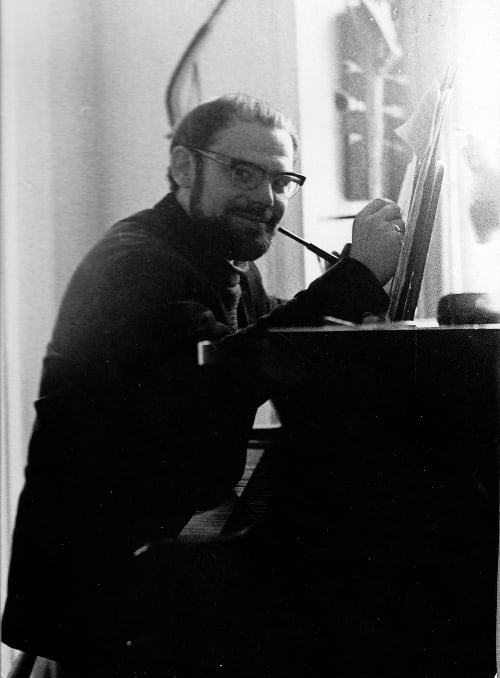

He reflects on the work of leading poets such as Charles Olson, Louis Zukofsky, and Yusef Komunyakaa, whose own encounters with the poem are revelatory, and he reads its many translations and editions to bring it vividly to life for readers. In this illuminating book, Schmidt discusses the special fascination Gilgamesh holds for contemporary poets, arguing that part of its appeal is its captivating otherness. Its translation, interpretation, and integration are ongoing. The discovery of a pre-Noah flood story was front-page news on both sides of the Atlantic, and the poem's allure only continues to grow as additional cuneiform tablets come to light. The poem had to be reassembled, its languages deciphered. Fragments of the poem, incised on clay tablets, were scattered across a huge expanse of desert when it was recovered in the nineteenth century. Schmidt describes how the poem is a work in progress even now, an undertaking that has drawn on the talents and obsessions of an unlikely cast of characters, from archaeologists and museum curators to tomb raiders and jihadis.

Acclaimed literary historian Michael Schmidt provides a unique meditation on the rediscovery of Gilgamesh and its profound influence on poets today. It is a story of monsters, gods, and cataclysms, and of intimate friendship and love. Lost for centuries to the sands of the Middle East but found again in the 1850s, it tells the story of a great king, his heroism, and his eventual defeat. It is also the newest classic in the canon of world literature. Gilgamesh is the most ancient long poem known to exist. Please note: this podcast contains some graphic language during the poetry readings.Reflections on a lost poem and its rediscovery by contemporary poets

We then explore the most ancient long poem known to exist, Gilgamesh, with the poet and publisher Michael Schmidt, whose latest book explores the history of its translation and publication.Īnd Claire Armitstead and Sian Cain discuss the winners of the 2019 Forward prizes for poetry.

Could modern technologies transform the ways we read our favourite stories? Can you claim to have read a book if you’ve only listened to the audio version of it? In his new work, The Secret Life of Books, Mole looks at books as physical objects and how the experience of reading has changed through time. This week, Richard Lea sits down with Tom Mole, professor of English literature and book history at the University of Edinburgh and director of the Centre for the History of the Book.


 0 kommentar(er)
0 kommentar(er)
